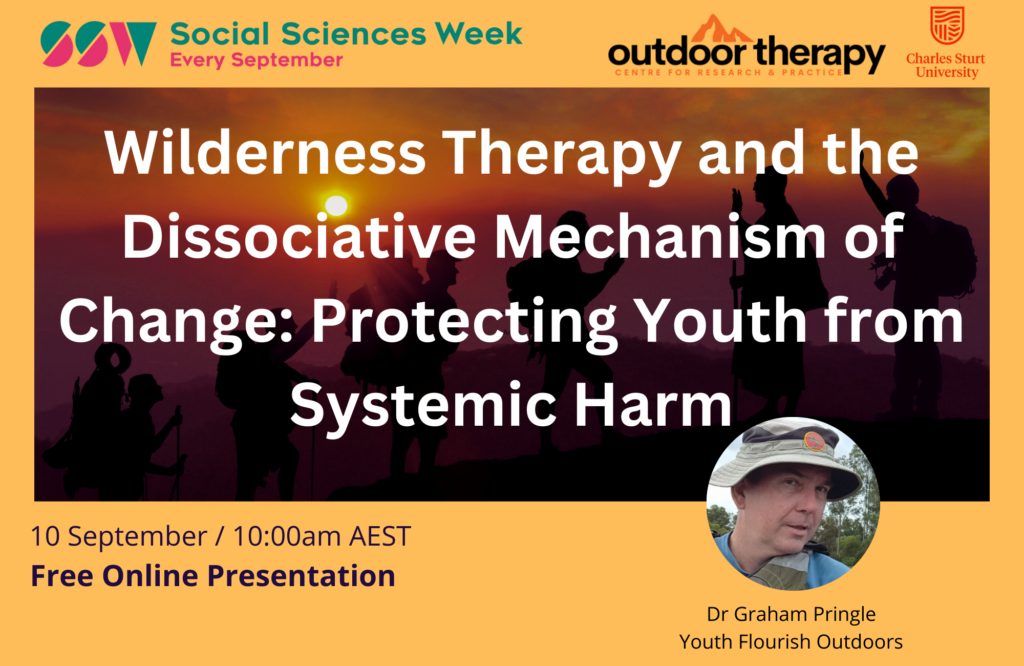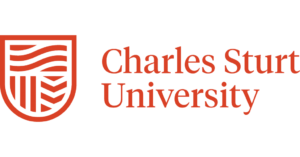Wilderness Therapy and the Dissociative Mechanism of Change: Protecting Youth from Systemic Harm

- This event has passed.

This presentation explores the use of cognitive or adaptive dissonance and involuntary treatment foin Wilderness and adventure therapy (WT, AT) for youth. Past WT participants have protested that involuntary, inescapable and harsh conditions harmed them through PTSD and dissociation. In this presentation, we compare dissonance and dissociation using a critical realist and argumentative research process using publicly available data. We argue that dissociation is a response, recorded both in the design of some WT practices and in participant statements and is often mistaken for dissonance. Deliberate use of forced cognitive dissonance during involuntary treatments align with the conditions that may cause dissociation. Therefore, planning to enforce cognitive dissonance during coercive WT or AT is likely to be harmful and, knowing of this potential, may be regarded as malpractice.

